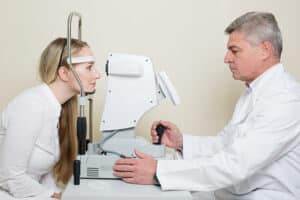Do you have an eye exam coming up soon? This is the perfect opportunity to ask your ophthalmologist questions!
It’s also the best way to make the most out of your eye exam. This can help you understand what you need to know to keep your eyes happy and healthy.
If you’re not sure what to ask during an eye exam, the doctors at Takle Eye Group have come up with a list of questions. Armed with them, you will have everything you need at your next appointment. Keep reading to learn more!
1. Which Tests Will Be Performed?

Knowing what your eye doctor will do will put your mind at ease if you have any anxiety before your next eye exam. You’ll also feel more comfortable.
Find out any instruments they will use to perform tests. You should also find out why specific tests are being conducted.
Do not hesitate to ask about the potential health risks and side effects of the tests. For instance, by knowing that a particular test will interfere with your vision, you can arrange for someone to drive you home after your appointment.
It never hurts to be well-informed and prepared, especially when it comes to your vision!
2. What Do My Results Mean?
The ophthalmologist will pick tests to give insights into your vision based on your eye issues or symptoms. Once the results are out, find out from your eye doctor what the results mean.
When you have your results, you can discuss any next steps that you may need to take. If anything is not clear, do not hesitate to ask your ophthalmologist to give you any further clarification.
3. Are Follow-Up Visits Necessary?
Many people don’t bother scheduling follow-up visits with their eye doctor frequently if they don’t have an eye condition or problems with their vision. You only have one set of precious eyes, and taking good care of them should be a top priority.
The only way to do that is by visiting your eye doctor regularly. Even if you believe your eye health is excellent, preventative care can catch any issues before they escalate.
That’s why it’s so important to talk to your ophthalmologist about how often you should schedule your eye examinations. The number of eye exams you need will likely change depending on age.
As you get older, you’ll need more frequent eye exams.
4. Should I Make Any Lifestyle Changes to Prevent Eye Diseases and Disorders?

To avoid common eye disorders and diseases, the doctors at Takle Eye Group recommend asking whether it’s necessary to make any lifestyle changes. Your ophthalmologist will educate you on the steps to take to keep your eyes safe and as healthy as possible.
For instance, you may discover that certain foods can protect your eye health, and reducing screen time will prevent dry eyes. Armed with this information, you can start treating your eyes with more respect and know that your vision will last you many more years!
5. Will My Condition Change with Time?
After receiving your diagnosis, ask your ophthalmologist whether your condition is stable or if it will improve or worsen in the future. Inquire if there’s anything you can do to prevent further deterioration.
The sooner you know your eye issue’s status, the earlier you can stay on top of things. For example, if you have good eyesight, you will want to know how you can ensure you maintain them that way.
And if your condition is severe, you can plan for yourself and any dependents you may have. Having a plan makes all the difference when it comes to your sight and vision!
6. What New Signs or Symptoms Should I Pay Attention To?

This is especially important if you are predisposed to certain eye disorders due to your family history. This is most pertinent for conditions like glaucoma.
It’s also important to watch out for any signs or symptoms if you already have an eye condition. It’s easy to notice even the small changes that would otherwise go undetected if you’re well-informed.
This can help catch any issues and ensure you receive timely treatment. With almost all eye conditions, the earlier you receive a diagnosis and undergo treatment, the better!
7. Can My Eye Problem Be Treated?
Do you have an existing or new eye condition? Ask your eye doctor whether it’s treatable.
If it is, you can start narrowing down your available treatment options. At this point, your eye doctor will usually go through the basics with you.
If you still want more information, don’t shy away from requesting an in-depth explanation of your condition. This will give you the most knowledge and understanding on how to manage your condition.
8. Will I Experience Any Vision or Sight Changes as I Grow Older?
No matter how old you are, it’s always a good idea to prepare yourself for the future. Identifying the signs and symptoms of age-related eye conditions can make all the difference in catching any problems early.
It can also make it easier to receive treatment if you need it and preserve your vision. Your eye doctor can let you know what to watch out for.
Your ophthalmologist will tell you about any changes you can expect and what to do to avoid premature eye conditions. Sometimes this is as easy as eating healthily, exercising, and drinking enough water!
9. Can I Take Any Measures to Protect My Eyes?

If you haven’t already talked about eye safety, this question may start a discussion about things like UV light, contact lens care, protective eyewear, and more. For example, your eye doctor can talk about taking precautions against ultraviolet light.
Exposure to UV has been associated with various eye problems like macular degeneration, pterygia, and cancers of the eye.
But studies have revealed that UV-blocking contacts are more effective at blocking side light than sunglasses.
Protect Your Vision with Comprehensive Eye Exams
Regardless of your age or how well you see, regular comprehensive eye exams are crucial for everyone and the only sure way to confirm your eye health. At Takle Eye Group, our team of experienced and qualified eye doctors will evaluate your eyes and determine how healthy they are.
If you’re not sure when your last eye exam was, don’t worry! Call to schedule yours with Takle Eye Group in Griffin, GA, today! Your eyes are priceless, so why not treat them that way?




